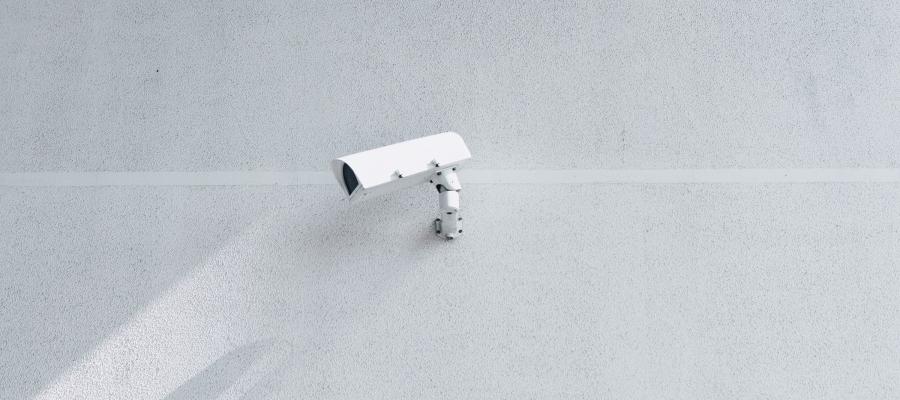The New Surveillance Society - Big Brother Grows Up
Jul 27, 2014Recent revelations confirm what many already suspected: not only is Big Brother watching you, he is also potentially reading your email...

We all got a rude awakening when Edward Snowden exposed the NSA’s spying on our emails, phone calls, and the like. A lot of people felt their right to privacy had been violated, and Snowden was a whistleblower who should be honored. Others felt Snowden was a traitor, revealing secrets about the capacities NSA has developed to keep America safe. If you don’t like it, move to Russia... like he did.
What we think about Snowden probably turns on what we think about privacy. So what is privacy? An inalienable right? Or a privilege we need to give up on behalf of national security?
We need to make a distinction between two spheres of privacy. One is what we do in our private lives, like the personal choices we make. The other is what we think, or feel, or say privately to our friends and family, unless we choose to make these things public.
One might argue that this second sphere of privacy a bit out of date? Look at what Americans, particularly younger Americans, choose to disclose about themselves on Facebook. They don’t seem to care what the public knows about them! Every detail about what they think and what they do is on Facebook or some new device for teenage exhibitionism.
Still, although the younger generation(s) may choose to disclose a lot more about themselves than us older folk would be comfortable with, what you see on Facebook is still what they choose to disclose. If there are things they don’t wish to disclose, they have the right to keep them private.
There is -- or, at least, ought to be -- a difference between social media on the one hand, and an email or phone call on the other. If I share something publicly or with a large group of people I may not know very well, then I don’t have the same expectation of privacy that I have when I send a personal email or make a phone call. In the latter case, I think I have a legitimate grievance if someone listens in.
I must admit, I doubt that anyone is especially interested in my phone calls or emails. I’m barely interested in my own emails, so why would the NSA or anyone else want to read them? Unless I've given reason to believe that I'm planning to do something dangerous. In this mood I think: what’s the big deal if the NSA collects meta-data from me? So long as the information being collected is used for good, maybe there is not problem. If I could get the NSA to keep my calendar up to date and remind me of appointments, I might like the idea.
But in more sober, philosophical and reasonably paranoid moments, I ask: what’s the guarantee that the information won’t be misused by governments or -- don’t forget -- corporations? We don’t need to be doing anything illegal to want to keep information private that could be used to harm or embarrass or blackmail us. But even if our private information is collected and nothing is done to hurt us with it, that’s still a violation of our rights.
My understanding is that there is a different strategy in Europe than we have in America. Here we have few constraints on the collection of information about ordinary people, but some constraints on the distribution of the information. In Europe they try to safeguard privacy by limiting the information that can be collected and retained about people. But if you’re a law-abiding citizen what’s your real fear? Here, as with public transportation and public medical care, we have a lot to learn from Europe.